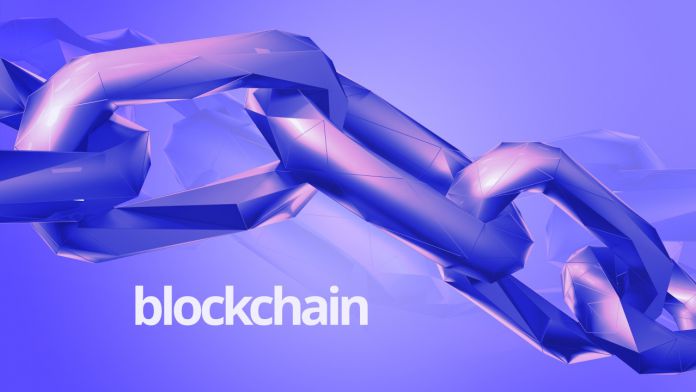Microsoft will work with IC3 to research flexible blockchain applications for the enterprise, joined by IBM, Intel, and more. They’ll work together to accelerate proof-of-concept models into real-world solutions and bring them to government, entrepreneurs, and banks. “IC3 was founded to advance blockchain science, technology and applications,” said Ari Juels, co-director of IC3 and professor at the Jacobs Technion-Cornell Institute at Cornell Tech. “We’re delighted to work more closely with Microsoft’s blockchain experts, who share our vision of blockchain-based solutions for next generation financial services.” Microsoft expressed a similar sentiment via York Rhodes III, its global blockchain business strategist. “As we continue our journey in blockchain, we have watched and read the work of the IC3 team and are impressed with their thinking and the perspective they bring to the community. We are very aligned with the approaches IC3 blockchain experts are taking to address scale, simplification, and other topics of interest for enterprise adoption. The synergies in their research fit well with our visions for enterprise scale blockchain solutions,” he said. “We are excited to work more closely with IC3 through this membership.”
Microsoft and Blockchain
The solutions Rhodes mentions have been in development at Microsoft for a while now. In February of last year, the company announced plans to launch blockchain as a service via Azure. In November 2016, it partnered with Webjet to create blockchain-based Hotel booking. More recently, the tech giant has collaborated with Tieron to achieve many of IC3’s goals. The most exciting development, however, is the Coco Framework, which Microsoft announced just a few weeks ago. The system meets all enterprise requirements and accelerates the adoption of blockchain. With the framework, Azure customers get a solution for scalability, security, and governance. At the same time, companies won’t need to give up security or performance. It’s secure, open source, and low-latency. In short, it’s a solid ground for further research under IC3, and it will be interesting to see what comes of this new collaboration.




